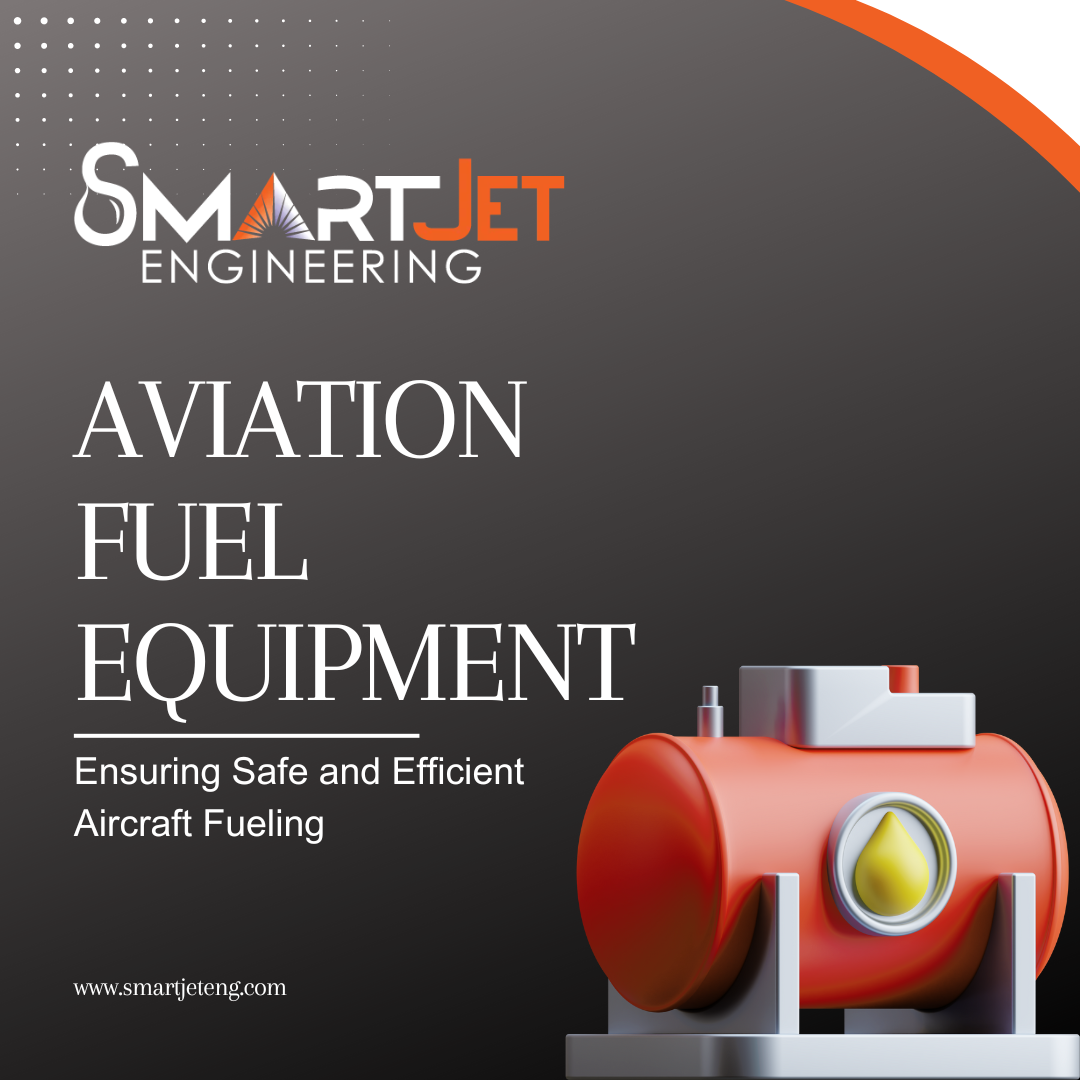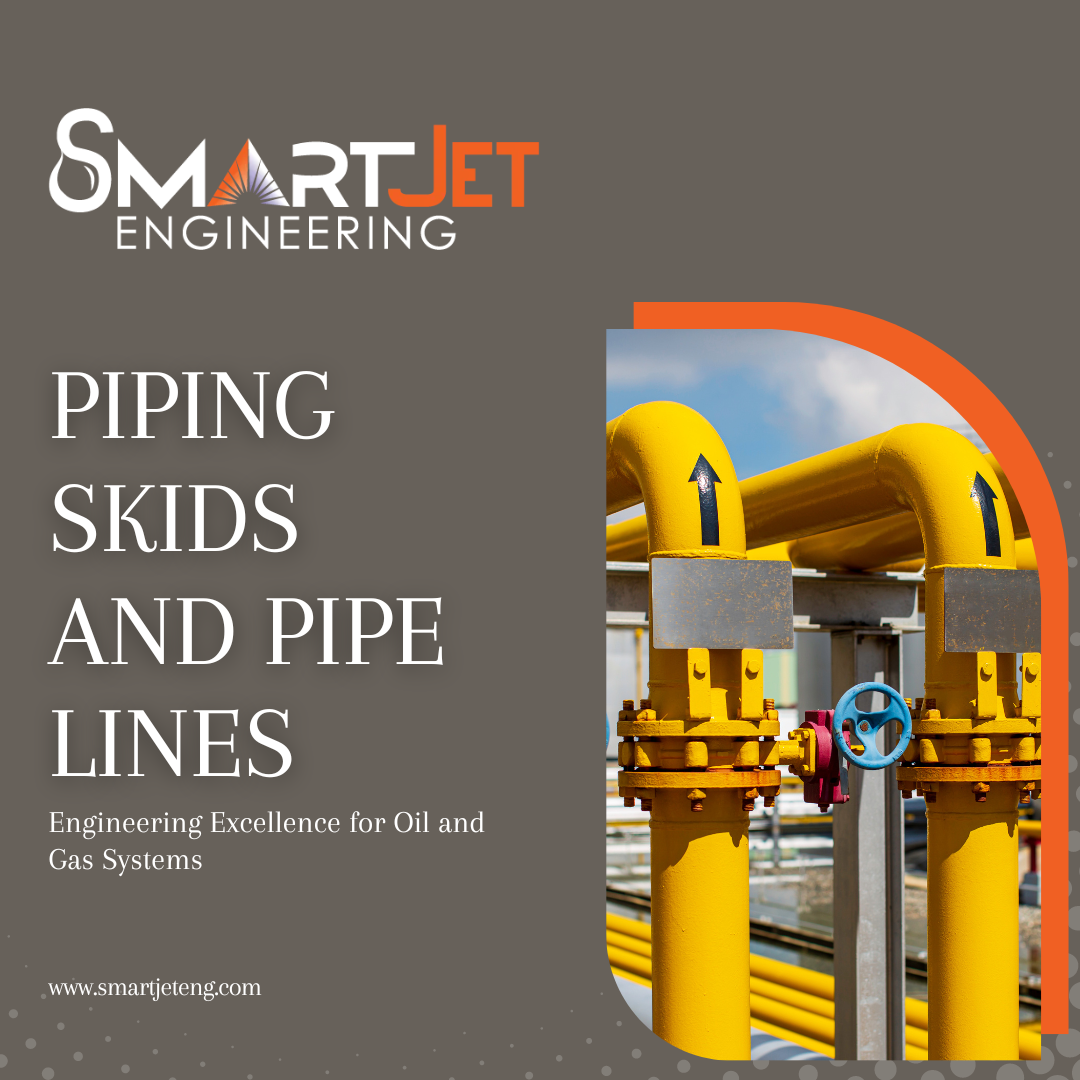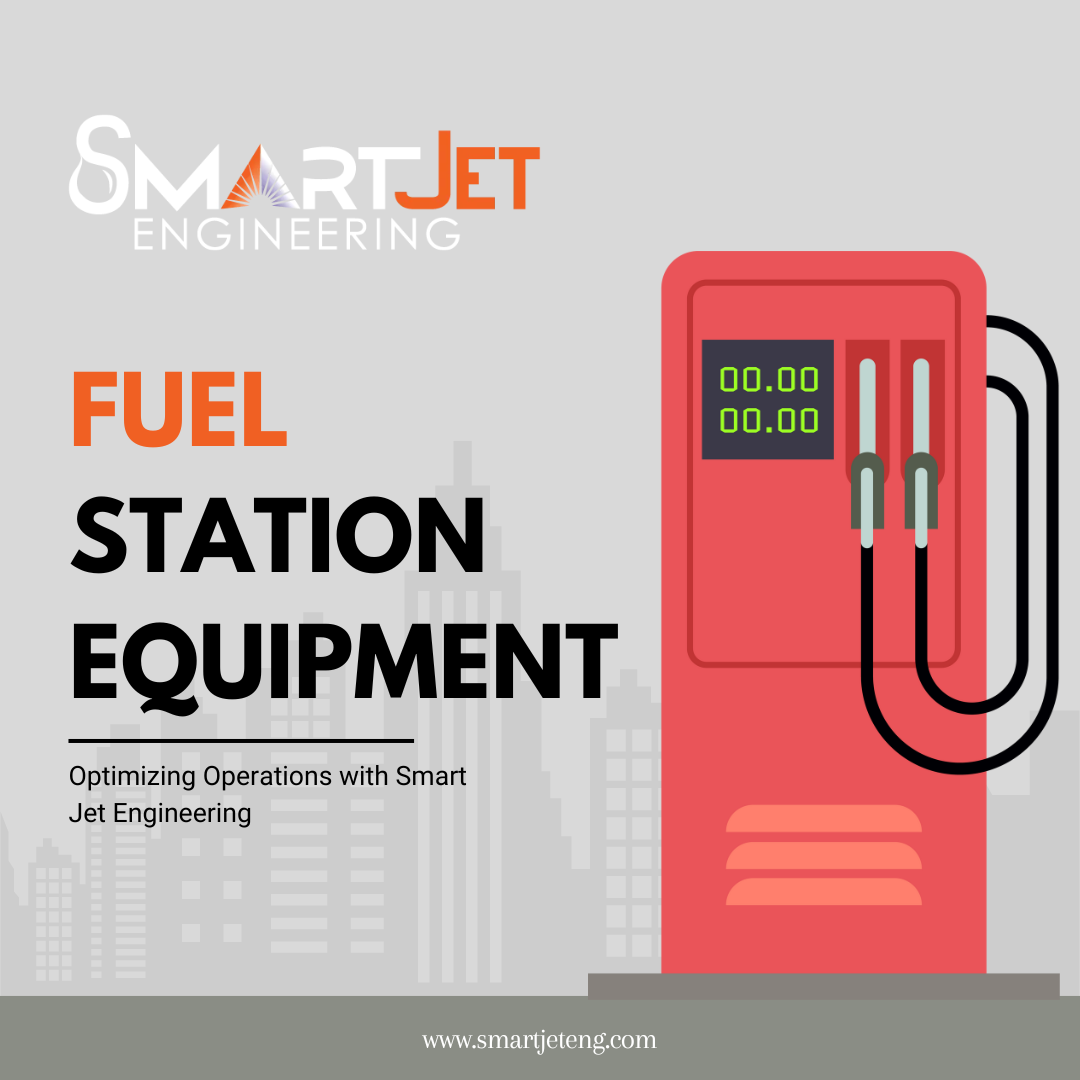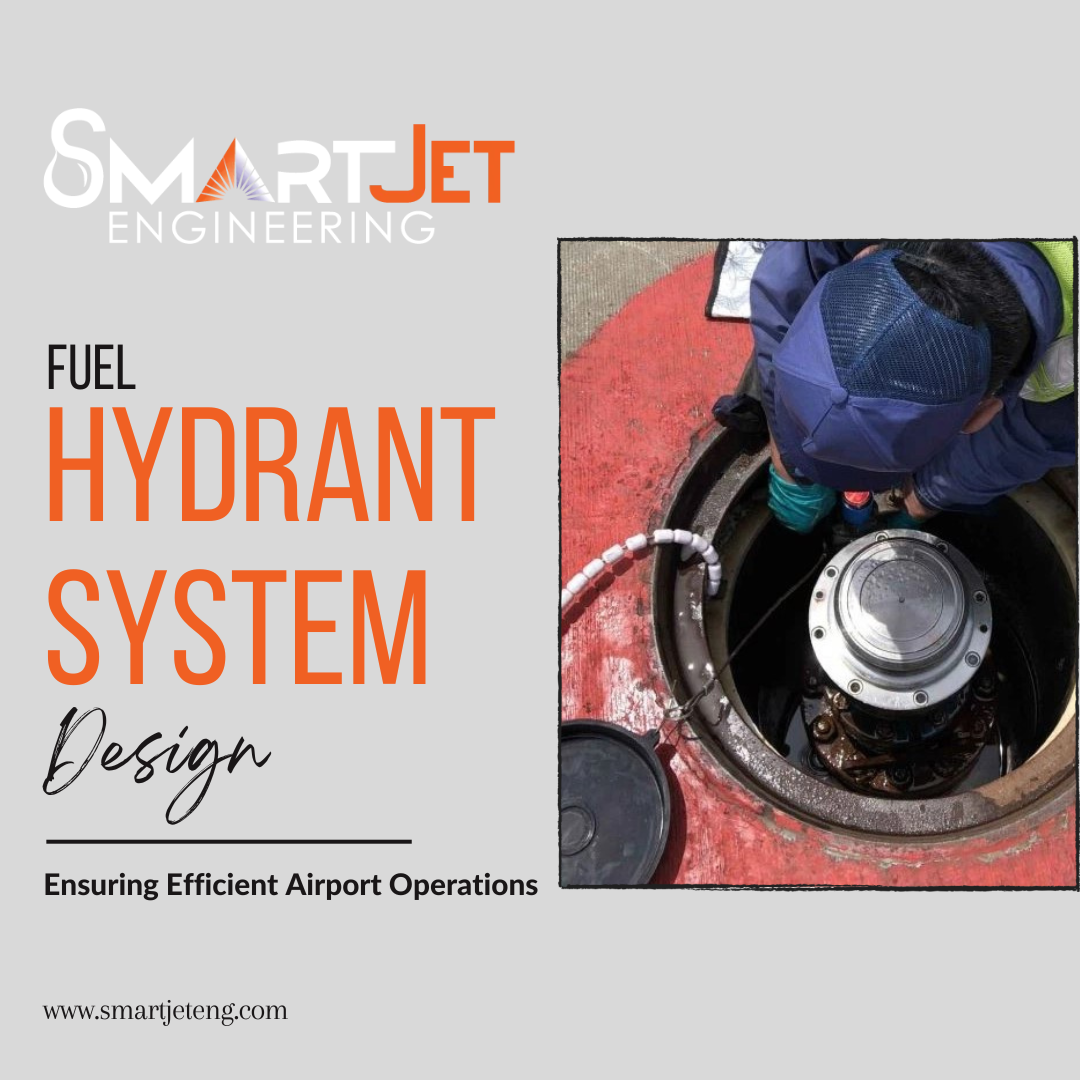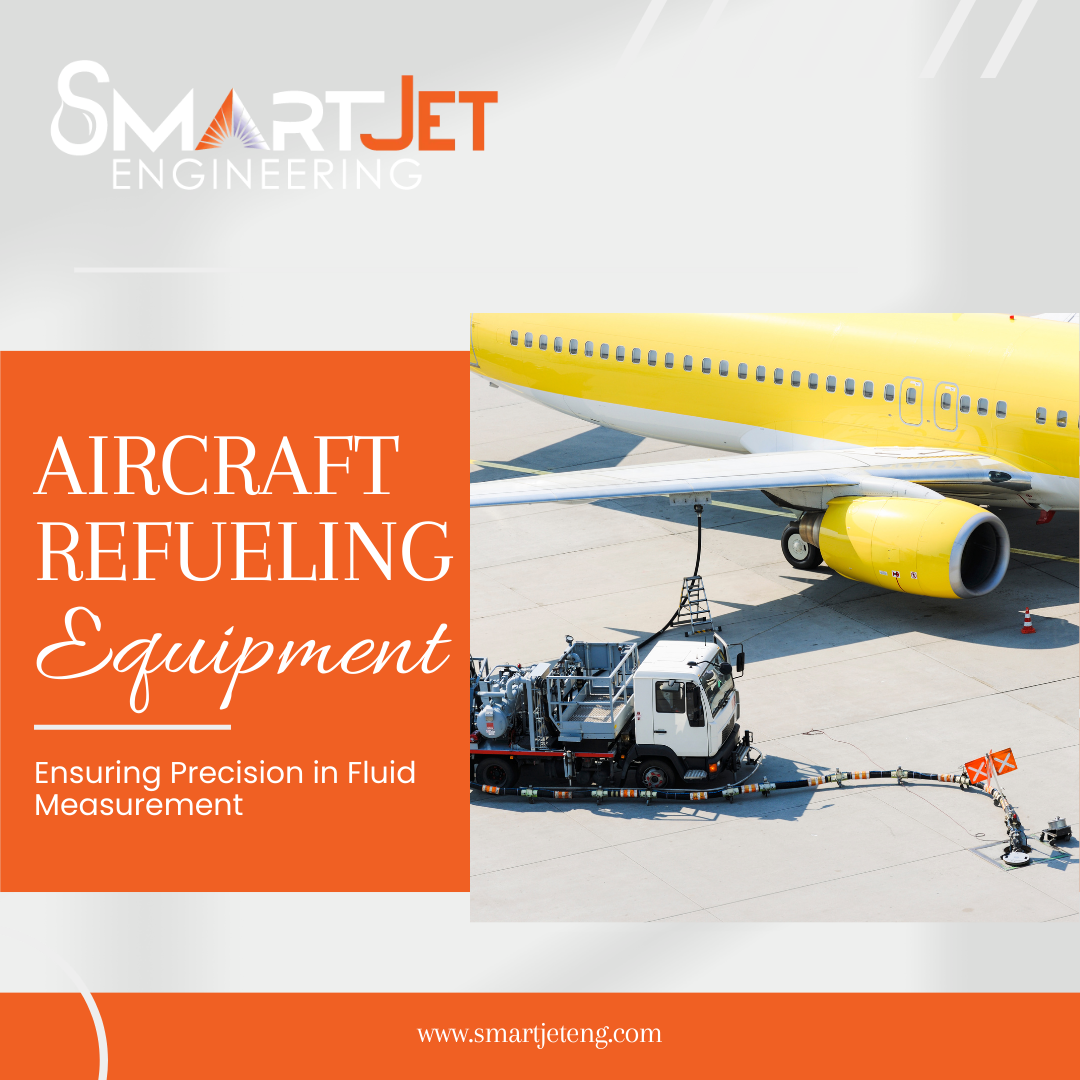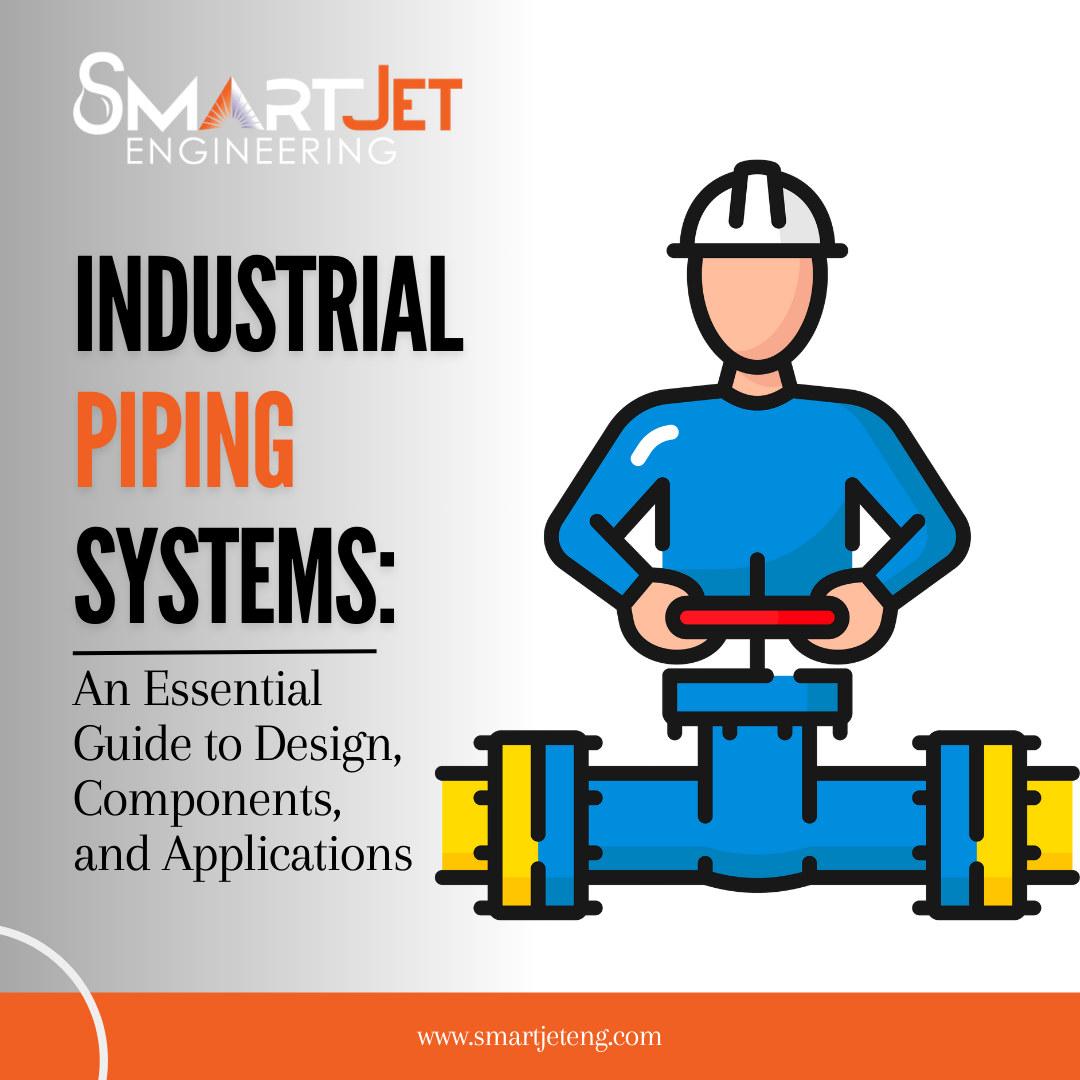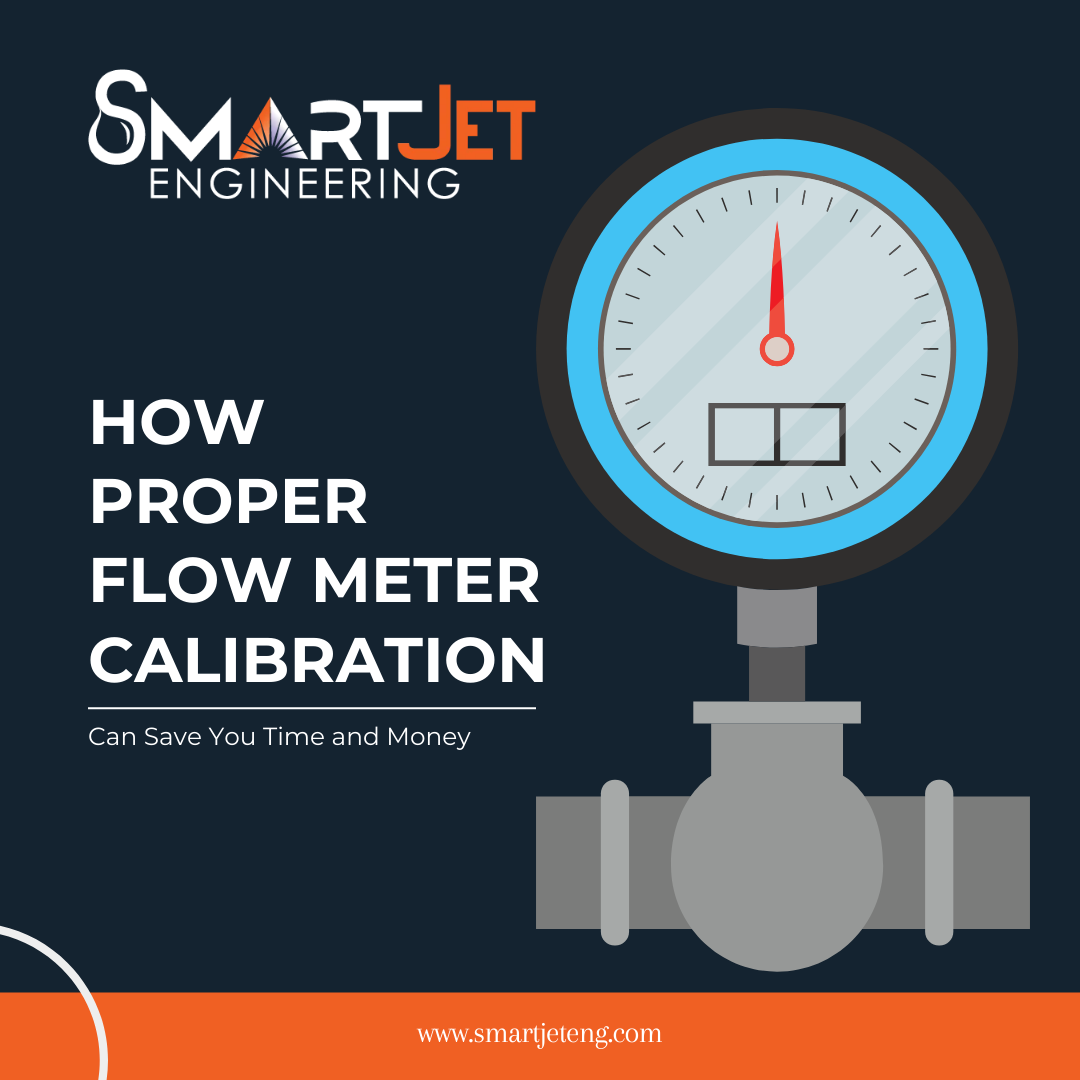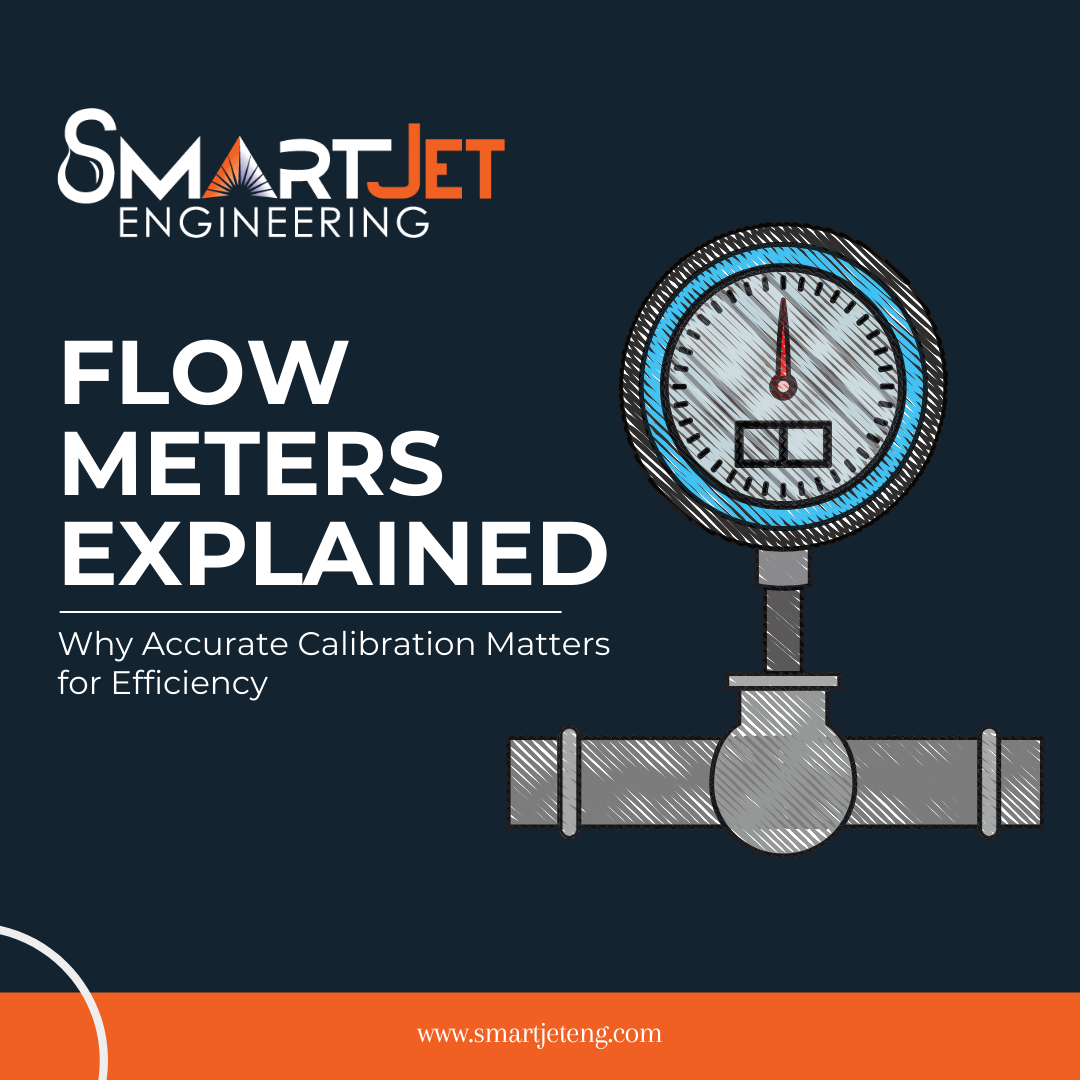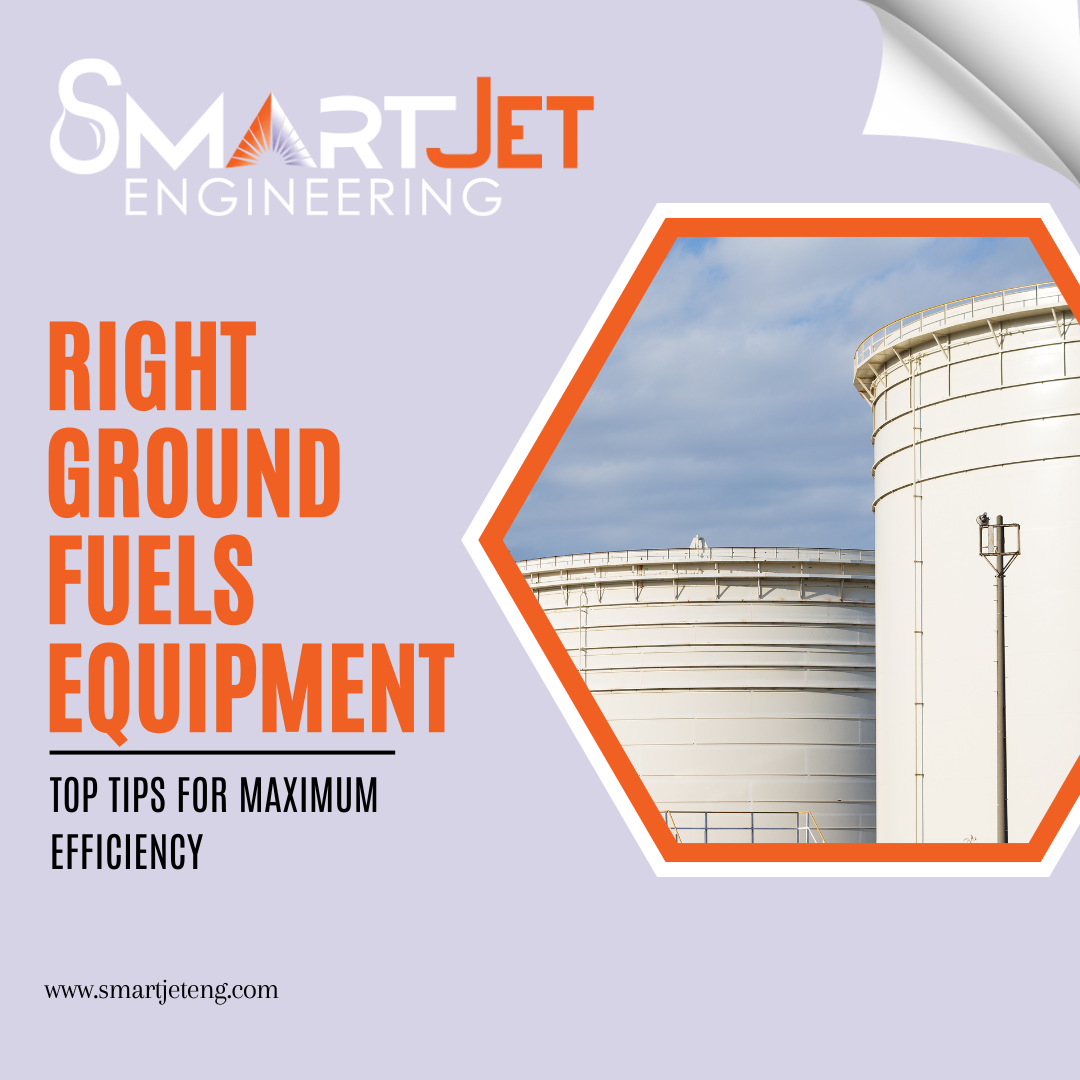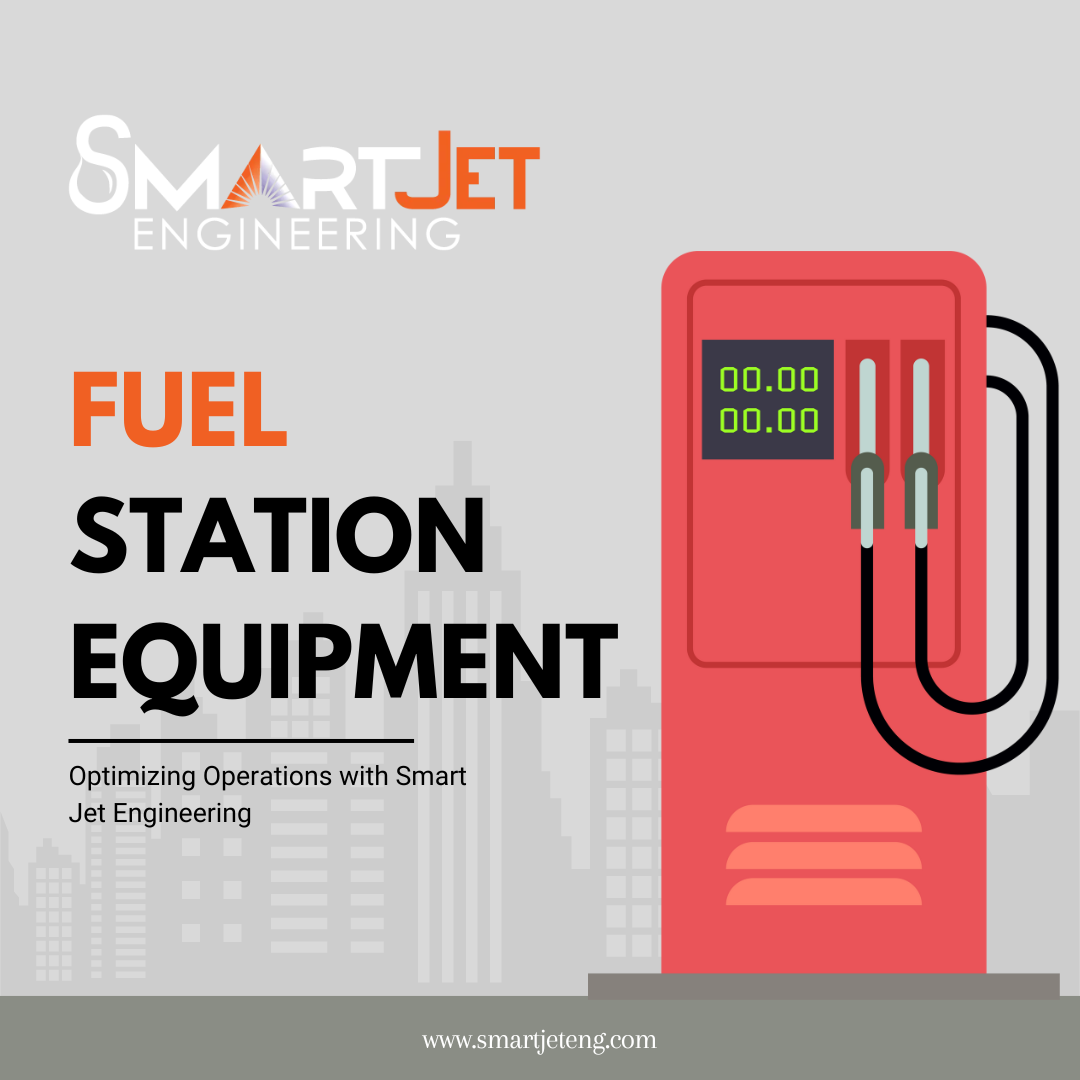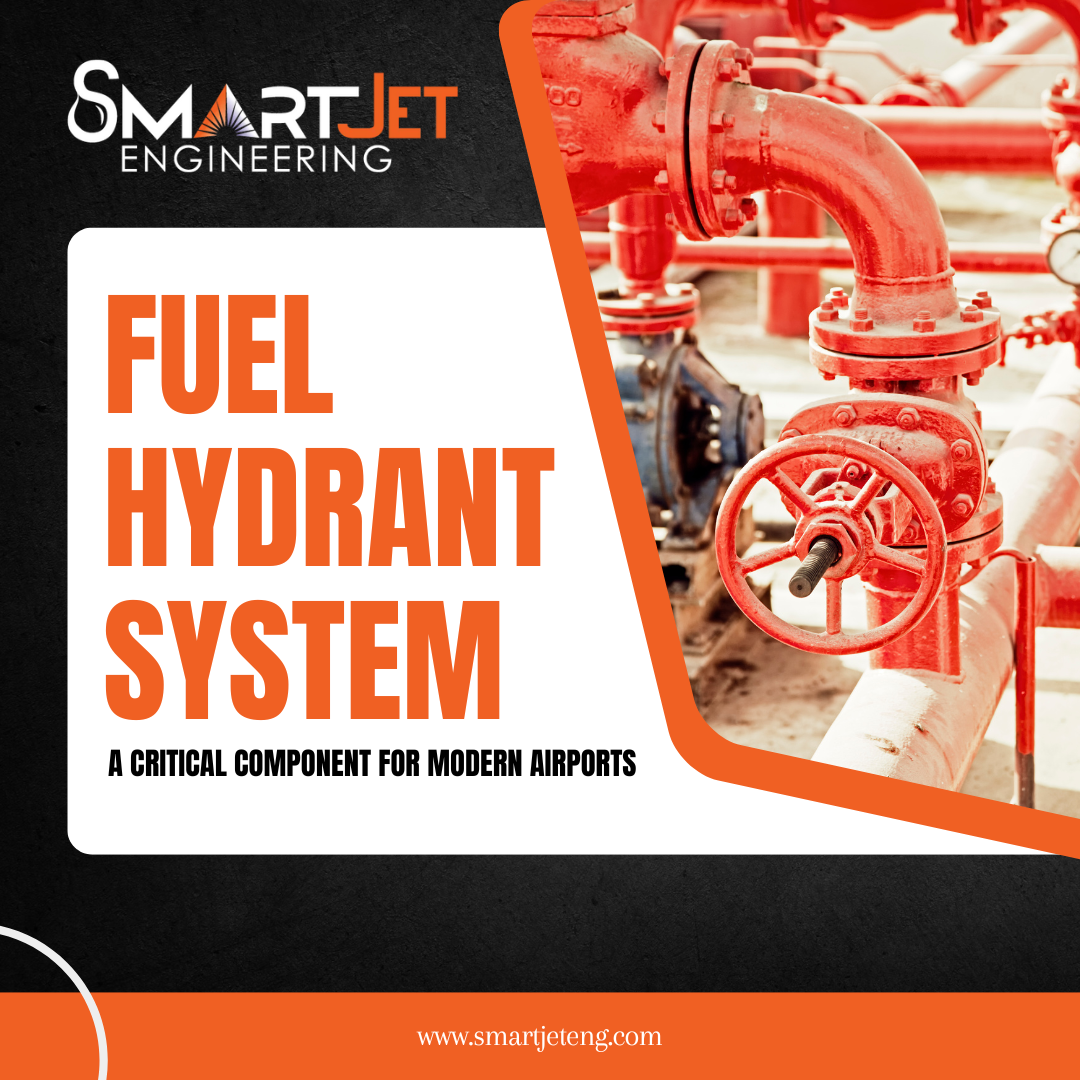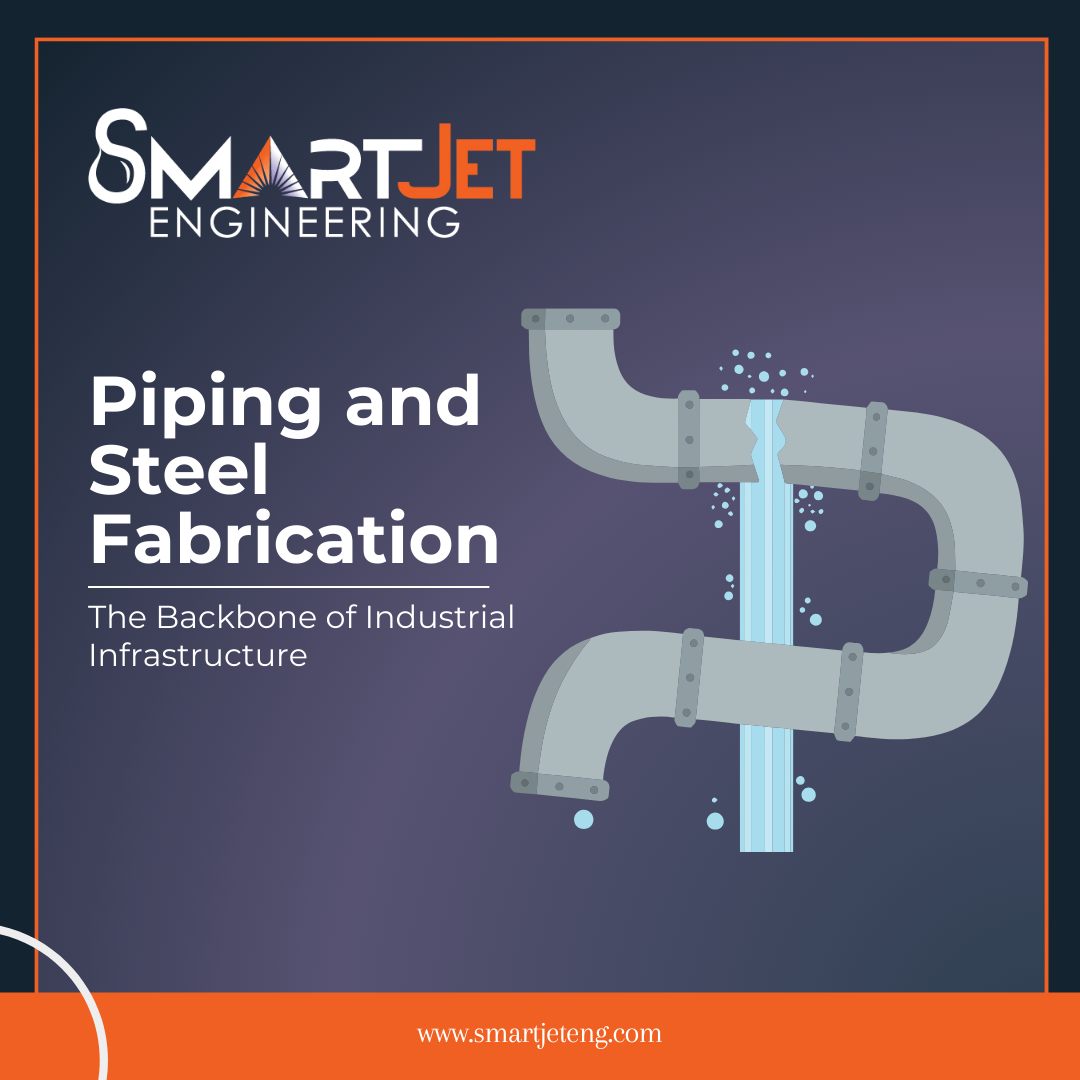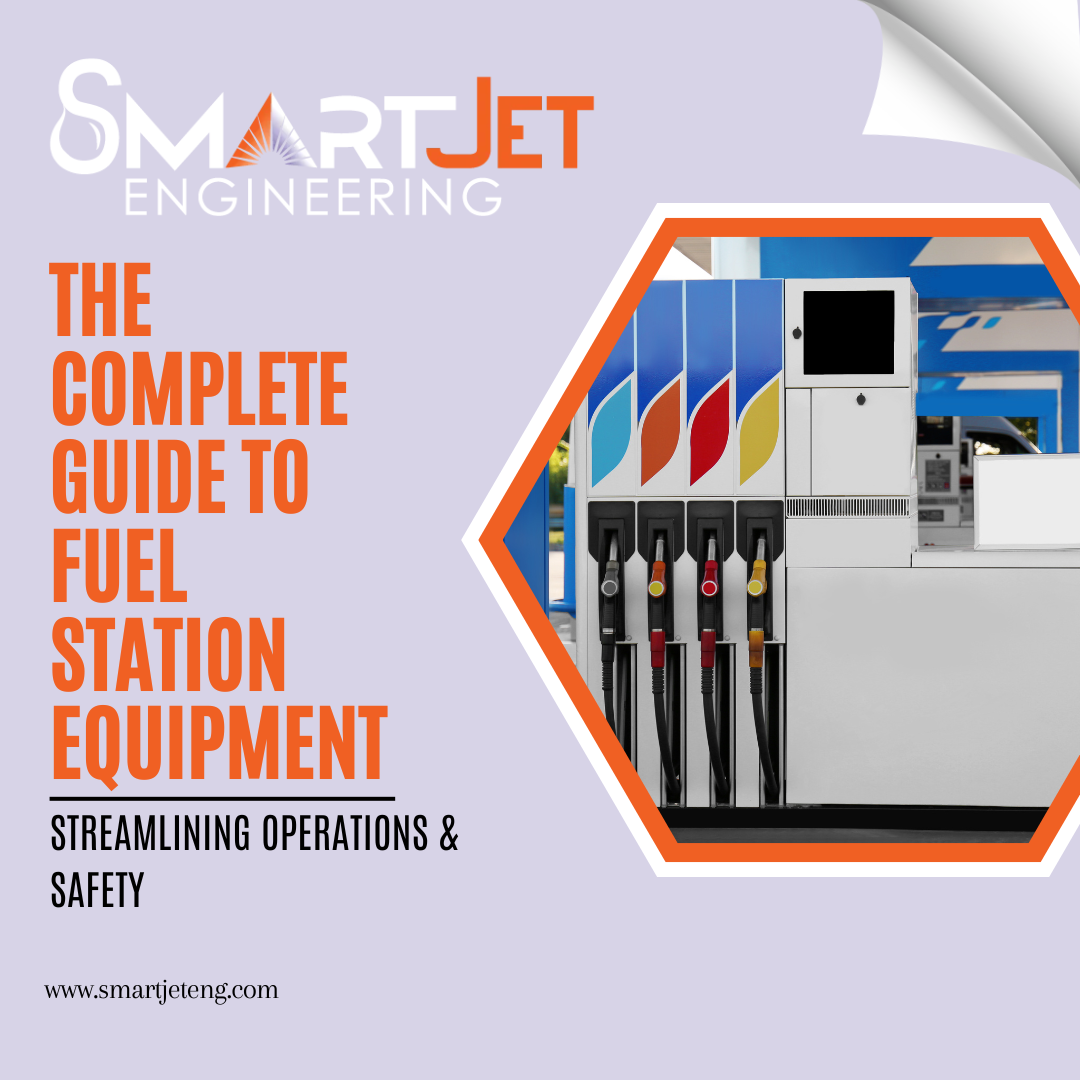Unlocking the Power of Flow Meters: The Critical Role of Calibration
By - Admin
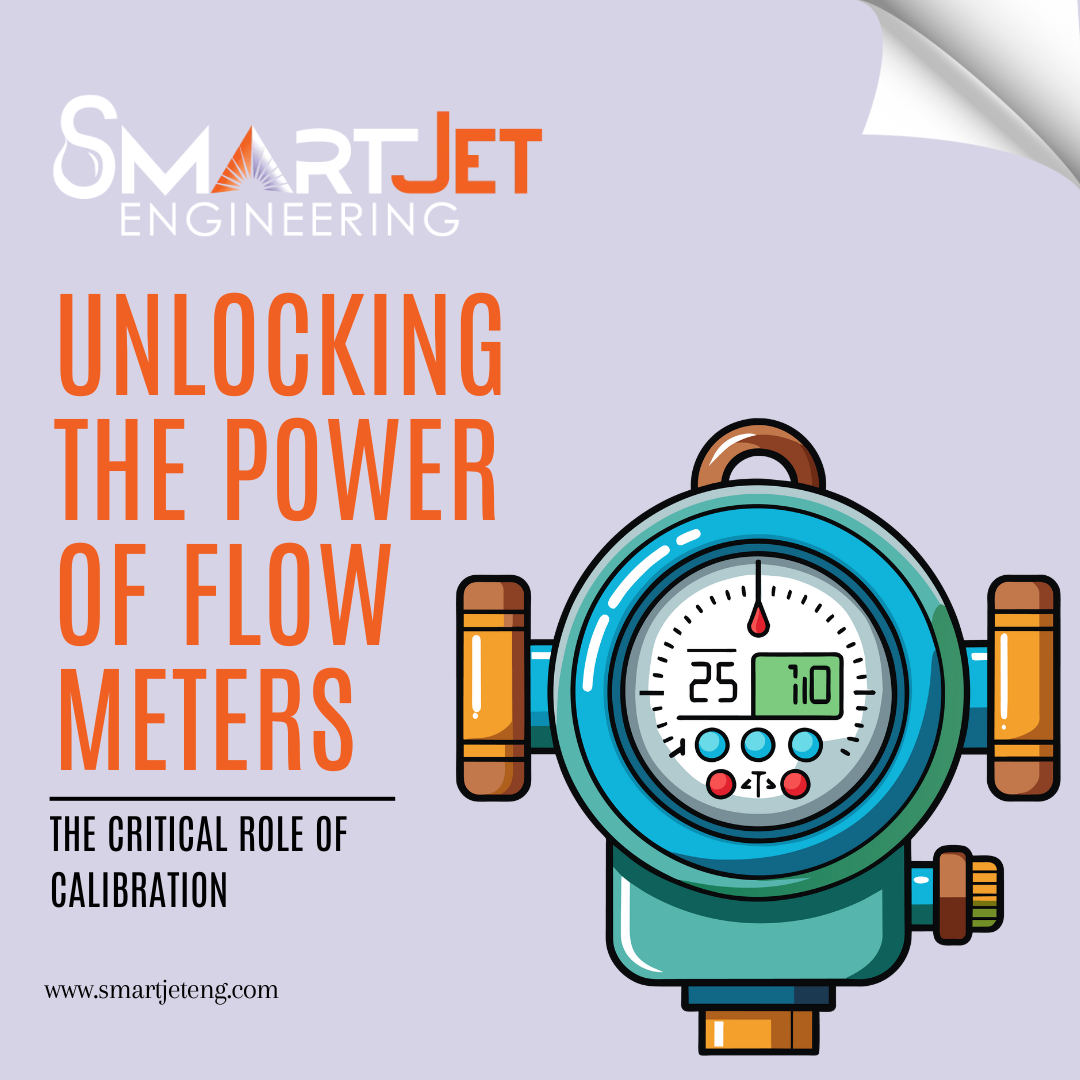
Introduction
In industries where precision is non-negotiable, flow meters play an essential role in measuring the rate of liquid or gas flow through pipelines. These devices ensure operational efficiency, regulatory compliance, and cost-effectiveness. But even the most advanced flow meter is only as accurate as its calibration. This article delves into how flow meter calibration is the cornerstone of accuracy, reliability, and overall system performance.
What Are Flow Meters?
Flow meters are instruments designed to measure the volume or mass of a liquid or gas passing through a system. Commonly used in industries like oil and gas, manufacturing, and water management, they help optimize processes and reduce waste.
Why Calibration is Essential
Calibration is the process of comparing the measurements from a flow meter to a known standard under specified conditions. Here’s why it’s critical:
- Accuracy: Ensures the device delivers precise measurements.
- Consistency: Provides stable performance over time.
- Regulatory Compliance: Meets industry and government standards.
- Cost Savings: Reduces waste and improves process efficiency.
How Calibration Unlocks the Power of Flow Meters
1. Enhancing Measurement Accuracy
Without regular calibration, flow meters can drift, leading to inaccurate readings. Proper calibration ensures the device’s measurements align with known standards, reducing errors and maximizing efficiency.
2. Extending Equipment Lifespan
Calibration identifies potential issues early, preventing wear and tear that can shorten a flow meter’s lifespan.
3. Optimizing Operational Efficiency
Accurate flow measurements are critical for optimizing processes. Calibration helps maintain these measurements, ensuring systems perform at peak efficiency.
4. Supporting Quality Assurance
For industries like food and beverage or pharmaceuticals, where precision is vital, calibrated flow meters guarantee product quality and safety.
The Calibration Process Explained
Step 1: Pre-Calibration Inspection
Inspect the flow meter for physical damage or dirt that might affect performance.
Step 2: Setting Baselines
Establish reference conditions and compare the flow meter’s readings to a certified standard.
Step 3: Adjustment and Verification
Adjust the flow meter if discrepancies are found and verify the corrected readings.
Step 4: Documentation
Record the calibration results, ensuring they meet regulatory and operational requirements.
Frequency of Calibration
The frequency of flow meter calibration depends on:
- Usage Conditions: Harsh environments require more frequent calibration.
- Industry Standards: Some sectors mandate specific intervals for calibration.
- Manufacturer Recommendations: Always consider the guidelines provided by the manufacturer.
Challenges in Flow Meter Calibration
- Complex Systems: Calibrating meters in large or intricate systems can be time-consuming.
- Environmental Factors: Variables like temperature and pressure can affect calibration accuracy.
- Resource Availability: Skilled technicians and certified calibration equipment are essential but not always readily available.
Industries That Rely on Flow Meter Calibration
1. Oil and Gas
Accurate flow measurements are vital for ensuring safety and efficiency in the extraction, refining, and transportation processes.
2. Water Management
From municipal water supplies to irrigation systems, calibration ensures the proper distribution of water resources.
3. Chemical and Pharmaceutical
In these industries, precision is paramount for maintaining product quality and meeting regulatory standards.
4. Manufacturing
Flow meter calibration helps optimize production lines, reducing waste and ensuring consistent output.
Flow Meter Calibration in Dubai: A Growing Need
Dubai, a global hub for industries like oil and gas and manufacturing, places a strong emphasis on maintaining high standards of operational efficiency. Companies like Smart Jet Engineering lead the way by offering expert flow meter calibration services to support these industries.
How Smart Jet Engineering Ensures Accurate Calibration
At Smart Jet Engineering, we understand that precision is key. Our expert technicians use advanced tools and techniques to provide reliable flow meter calibration services. We help industries unlock the full potential of their flow meters, ensuring operational excellence and cost savings.
Conclusion
Flow meters are indispensable for a wide range of industries, but their power lies in their accuracy. Regular calibration not only ensures precise measurements but also extends equipment lifespan, improves efficiency, and supports compliance with industry standards. For businesses in Dubai and beyond, proper flow meter calibration is not just an operational necessity; it’s a strategic advantage.
FAQs
Q.1. What is the primary purpose of flow meter calibration?
Calibration ensures that flow meters provide accurate and reliable measurements, aligning with known standards.
Q.2. How often should flow meters be calibrated?
The frequency depends on factors like usage conditions, industry standards, and manufacturer recommendations, but annual calibration is a common practice.
Q.3. Can I perform flow meter calibration in-house?
While basic checks can be done in-house, professional calibration by certified technicians ensures accuracy and compliance.
Q.4. What happens if a flow meter isn’t calibrated?
Uncalibrated flow meters can provide inaccurate readings, leading to inefficiency, non-compliance, and potential financial losses.
Q.5. Why is flow meter calibration important in Dubai?
As a hub for industries like oil and gas, Dubai emphasizes precision and efficiency, making flow meter calibration essential for maintaining high standards.
Related Blogs
Search
Popular Posts

The Importance of Ground Fuel Monitoring in Modern Aviation Operations
March 27, 2025

The Importance of Fuel Storage Tanks in Modern Aviation Operations
March 27, 2025

Why Testing and Commissioning is the Ultimate Step in Quality Control
January 29, 2025

Unlocking the Power of Flow Meters: The Critical Role of Calibration
January 29, 2025

Industrial Plant Maintenance and Servicing
March 22, 2025



